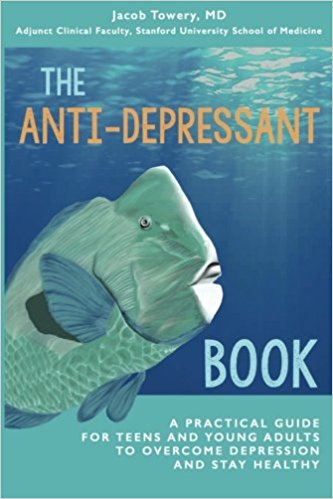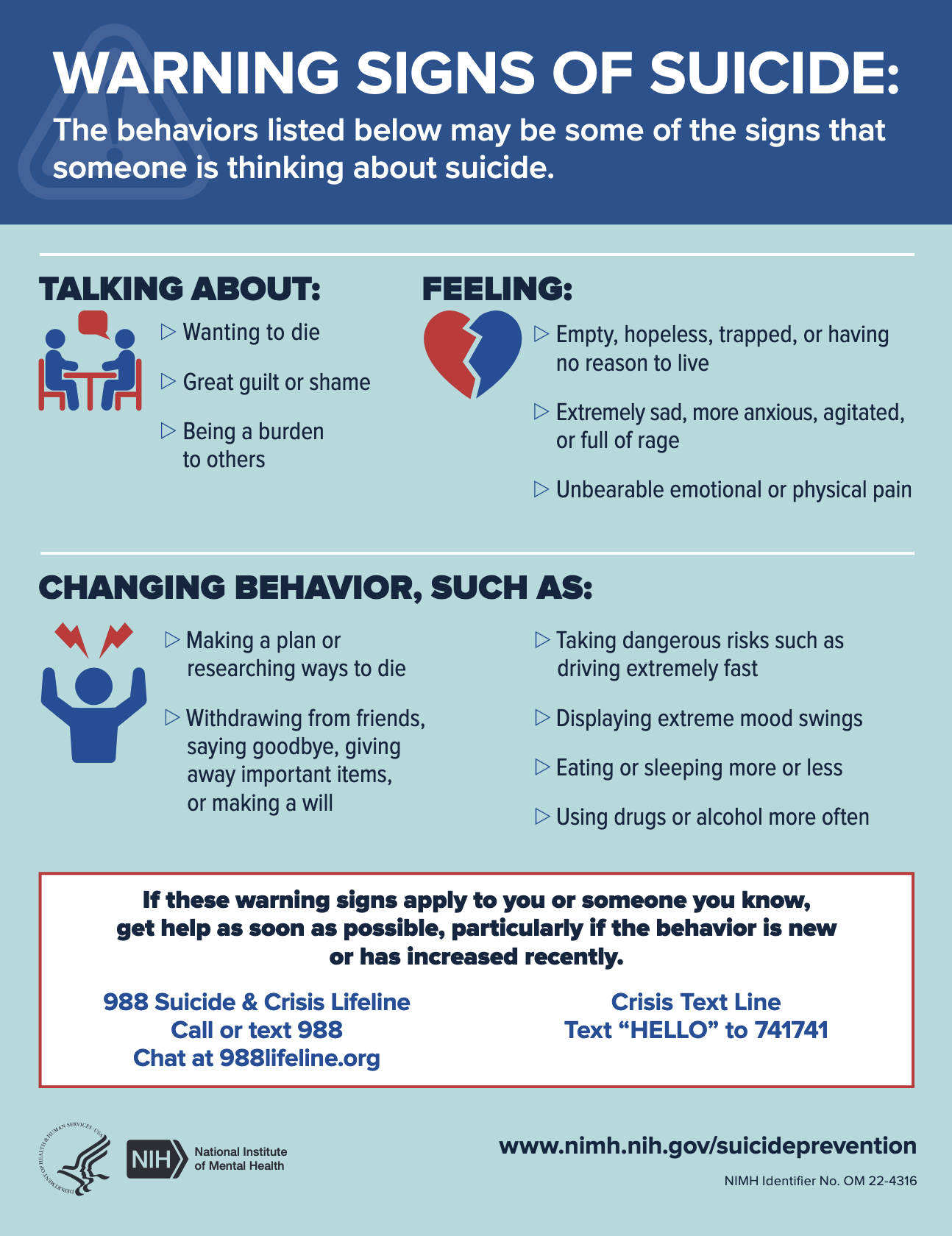 Imagine you are 15 and texting someone you like. Twenty minutes go by without a response. What thoughts come into your mind?
Imagine you are 15 and texting someone you like. Twenty minutes go by without a response. What thoughts come into your mind?
This is a hypothetical scenario in Jacob Towery’s The Anti-Depressant Book, A Practical Guide for Teens and Young Adults to Overcome Depression and Stay Healthy, but it is no stretch to assume it is happening right now all over the country. If adolescents are not waiting for a text, they are checking their grades online or browsing social media. Emotional resilience is tested not weekly or daily, but multiple times a minute.
In Palo Alto, Calif., where the author, 38, works as a child and adolescent psychiatrist and an adjunct clinical faculty member at Stanford University School of Medicine, young people struggling with depression is not a remote statistic. Towery wrote a book to walk readers through the same concepts he uses with patients in private practice. Recently, he released an audio version to reach those who find reading “torture,” he said.
He hopes teens will follow along in the paperback while they listen to the audiobook. It is a good combination even for those who enjoy reading. Towery offers an honest and accessible narration, and there is something exciting about turning a cellphone into an ally in the fight for mental well-being. Having the Stanford psychiatrist’s book on your phone is akin to having a private, portable therapist in your pocket.
The example of the unreturned text message illustrates the book’s major theme: How we interpret events informs our feelings even more than the events themselves. Consider, for example, how you might feel if these were your thoughts after the described situation: They should have texted me back by now. It’s been 20 minutes! They didn’t even let me know they needed to go! Maybe they’re upset with me. Maybe they don’t like me anymore.
In contrast, Towery writes, consider your feelings if this went through your mind: I wonder what happened to them? In general, things seemed to be going pretty well before this. I bet they had to run to class or work. Or maybe their phone died. That has definitely happened to me. I bet they are just busy right now, and I’ll probably hear from them later. I’ll go do something else, too.
Welcome to cognitive therapy, a big part of Towery’s multi-step strategy for overcoming and fending off depression. The other bulwark is behavioral therapy, which focuses on, as you might expect, behavior. To a large degree, the behavior necessary for optimum mental health is common sense: Get adequate sleep and regular exercise, and meditate daily. But these protective behaviors require great dedication and the willingness to challenge old habits and expectations.
Excerpted from a review by , a Washington Post contributor. Read the full article in the On Parenting section of The Washington Post.
Source: The Washington Post | Can a book serve as a portable therapist for teens at risk of depression? Maybe., https://www.washingtonpost.com/news/parenting/wp/2018/06/04/can-a-book-serve-as-a-portable-therapist-for-teens-at-risk-of-depression-maybe | © 2018 The Washington Post
A screening can help you determine if you or someone you care about should contact a mental health professional. Care Coordinators can arrange a free 30 minute Care Consultation so you can explore options with an expert. Call or email our Care Coordinators at 650.688.3625 or careteam@stage.chconline.org to set up an initial Consultation appointment.





